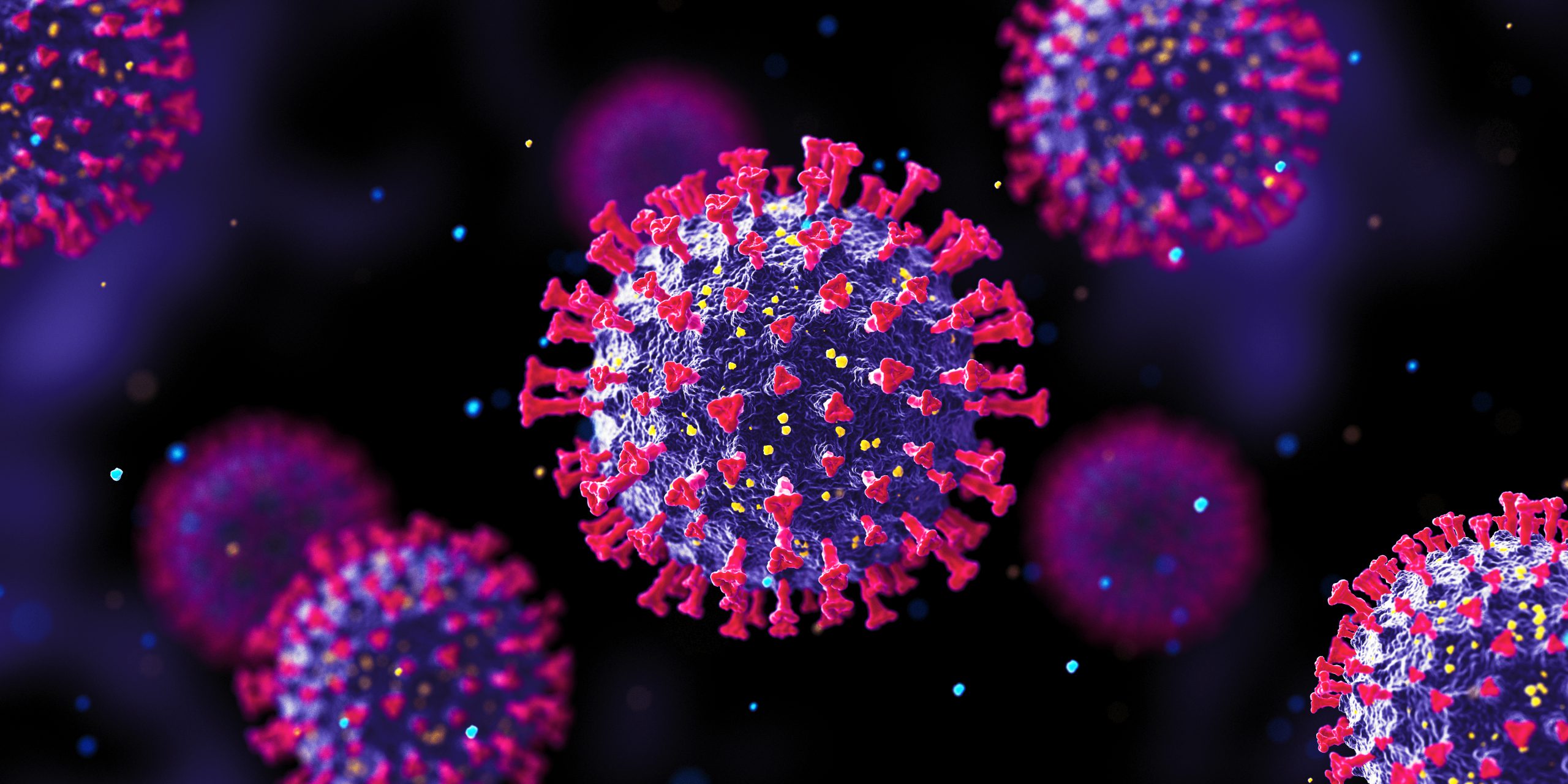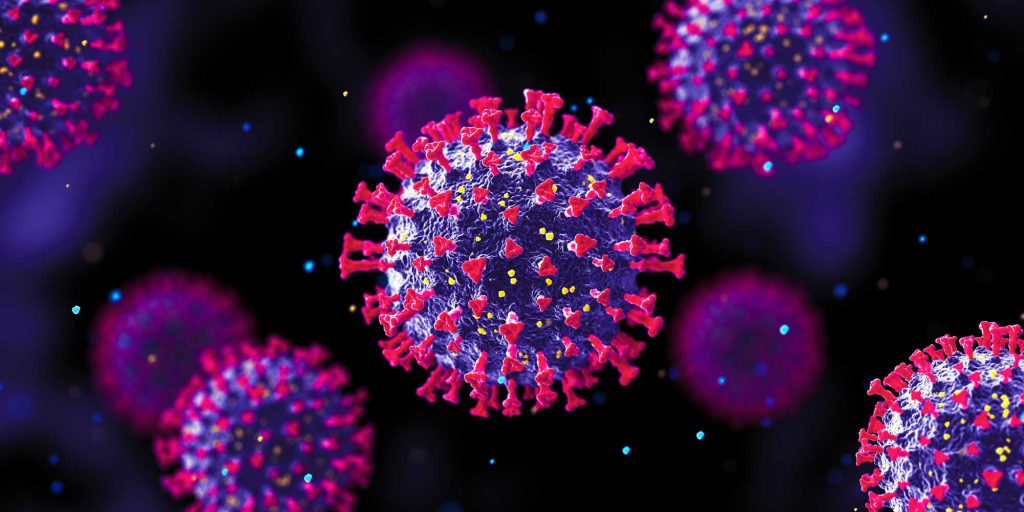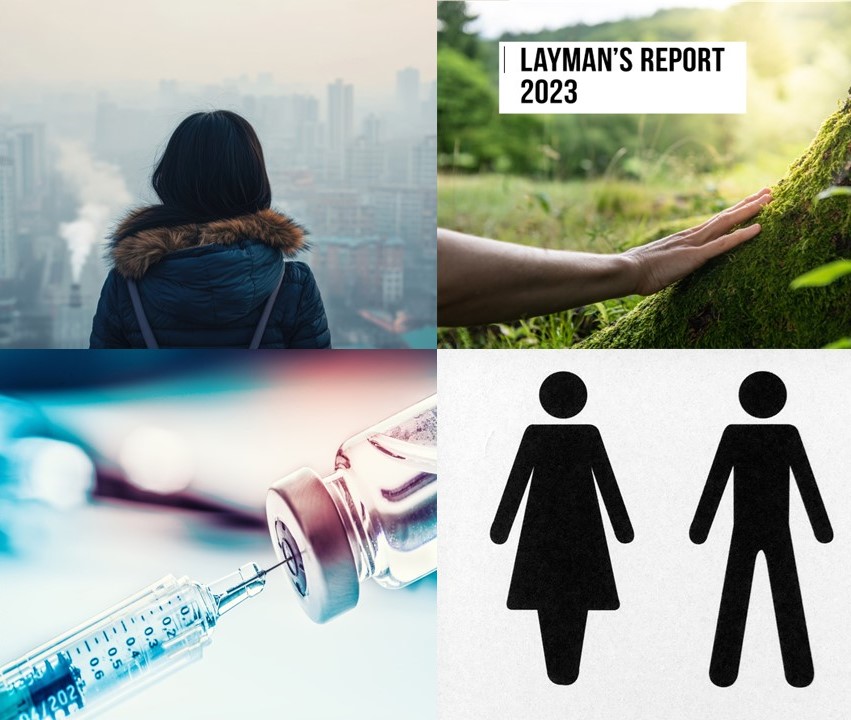Lessons Learnt: Luxembourg’s COVID-19 Management As Blueprint For Pandemic Preparedness
21 May 2025

WHO Pandemic Agreement Signed
On 20 May 2025, the World Health Organization (WHO) approved the long-awaited Pandemic Agreement, setting the stage for a more coordinated and equitable global response to future health emergencies. With its large-scale testing strategy as well as its integrated modelling and wastewater monitoring infrastructure, and socio-economic analyses, Luxembourg offers a real-world example of many principles enshrined in the new agreement.
On 20 May 2025, during its annual meeting, the World Health Organization (WHO) approved the long-awaited Pandemic Agreement, setting the stage for a more coordinated and equitable global response to future health emergencies. Global experts agree that, in our interconnected world, another pandemic is not a matter of if, but when. New infectious agents may emerge and spread rapidly due to climate change, growing urbanisation, and close contact between humans and wild animals.1 2 Investing in pandemic preparedness today is therefore a must.
Luxembourg’s COVID-19 experience offers a valuable blueprint for how research-driven policy and decision-making can protect lives in future pandemics. During the COVID-19 pandemic, Luxembourg adopted an evidence-based management strategy that paid off: The country recorded the lowest excess mortality in the European Union and United Kingdom in 2020 and 2021, according to a comprehensive WHO study published in Nature.3 Excess mortality reflects the number of deaths above expected during those years, either due to a COVID-19 infection or other causes. This key metric is now widely regarded as the most accurate measure of a country’s pandemic performance. Remarkably, Luxembourg achieved this low excess mortality while avoiding prolonged population-wide lockdowns, keeping schools open after the first lockdown, and maintaining much of its economic and social life compared to other countries.
So how did Luxembourg manage the pandemic so well compared to some of the world’s most advanced countries?
The answer lies in early action, evidence-based decision-making, and operational agility. Conceptualised by the Research Luxembourg COVID-19 Taskforce, Luxembourg launched a large-scale testing and contact tracing programme in May 2020, one of the first of its kind worldwide. Supported by advanced computational modelling, this strategy enabled active suppression of epidemic dynamics before the broad availability of vaccines and allowed decision-makers to closely track infection dynamics, adapt measures and contain outbreaks before they spiralled. Continuous wastewater monitoring further supported real-time detection of viral trends and spread.
The importance of this approach was underscored in an evaluation by the Organisation for Economic Cooperation and Development (OECD), which credited the Research Luxembourg COVID-19 Taskforce with playing a central role in the country’s successful crisis response4. Its coordinated, science-based strategy enabled effective evidence-based decision-making. To bolster resilience against future health emergencies, the OECD report advises institutionalising these practices and enhancing the inclusion of all societal actors in crisis governance.
This evidence-based approach meant that thresholds in the healthcare system were never exceeded. The country’s hospitals remained functional, and despite global economic turbulence, Luxembourg’s GDP contracted by only 0.8% in 20205, a sharp contrast to the euro area average of 6.5%.6 By 2021, the economy had bounced back with a growth of 4.5%.7
This week’s signing of the WHO Pandemic Agreement marks a major step toward building a more resilient global health system. The agreement includes measures to strengthen monitoring, share pathogen samples and research benefits, ensure equitable access to vaccines and diagnostics, and develop coordinated logistics networks. It also supports the development of geographically distributed research and production capacities, while affirming countries’ sovereignty in public health matters.
With its large-scale testing strategy as well as its integrated modelling and wastewater monitoring infrastructure, and socio-economic analyses, Luxembourg offers a real-world example of many principles enshrined in the new agreement. Since 2021, Luxembourg’s researchers have further consolidated their efforts in the CoVaLux programme, which not only analyses lessons learnt for future pandemic preparedness but also continues research on Long COVID. It refers to a range of symptoms that persist in some patients for months and years after the initial SARS-CoV-2 infection has been resolved. Once again, establishing the necessary data and evidence for Long COVID is essential to better prevent and treat it in the future.
References:
- 1. Hassell, J.M., Begon, M., Ward, M.J., Fèvre, E.M., Urbanization and Disease Emergence: Dynamics at the Wildlife–Livestock–Human Interface. Trends in Ecology & Evolution (2017), https://doi.org/10.1016/j.tree.2016.09.012 ↩︎
- 2. de Oliveira, T., Tegally, H., Will climate change amplify epidemics and give rise to pandemics?. Science381, eadk4500(2023). https://doi.org/10.1126/science.adk4500 ↩︎
- 3. Msemburi, W., Karlinsky, A., Knutson, V. et al. The WHO estimates of excess mortality associated with the COVID-19 pandemic. Nature 613, 130–137 (2023). https://doi.org/10.1038/s41586-022-05522-2 ↩︎
- 4. OECD (2022), Evaluation of Luxembourg’s COVID-19 Response: Learning from the Crisis to Increase Resilience, OECD Publishing, Paris, https://doi.org/10.1787/2c78c89f-en ↩︎
- 5. International Monetary Fund. European Dept. (2023). Luxembourg: 2023 Article IV Consultation-Press Release; Staff Report; and Statement by the Executive Director for Luxembourg. IMF Staff Country Reports, 2023(176), A001. Retrieved May 20, 2025, from https://www.elibrary.imf.org/view/journals/002/2023/176/article-A001-en.xml ↩︎
- 6. Muggenthaler, P., Joachim Schroth, J., Sun, Y. The heterogeneous economic impact of the pandemic across euro area countries. ECB Economic Bulletin, Issue 5/2021 ↩︎
- 7. European Commission. Analysis of the recovery and resilience plan of Luxembourg (2021) ↩︎











